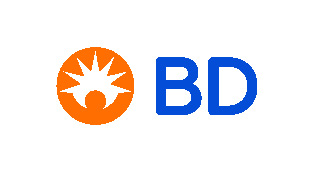Family medicine in Croatia
Between 1990 and 2010, significant organizational changes and privatisation were implemented in primary health care, specifically in family medicine. These changes have had some unfavourable effects, such as poor doctor cooperation and cohesion, focus on earnings, bypassing of professional standards, lack of professional control, and particularly the absence or delay in specialisation in family medicine. Improvements, however, can be achieved through education, implementation of a combined system of payment that stimulates the expanded scope of work, computerisation, application of appropriate indicators of quality of work and a proper professional control over the development of group practices. To achieve this goal, the consensual and active participation of professional organisations and academic core of family medicine, as well as organizers and financial supporters of the health care system, are necessary.
Key words:
health care reform; family practice; privatization; SWOT analysis





